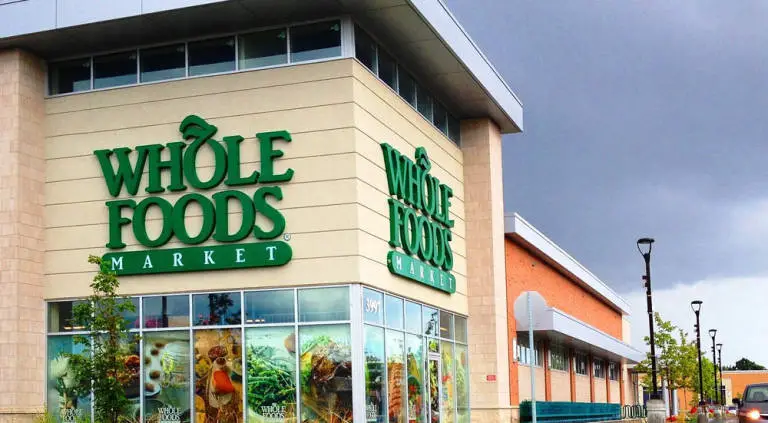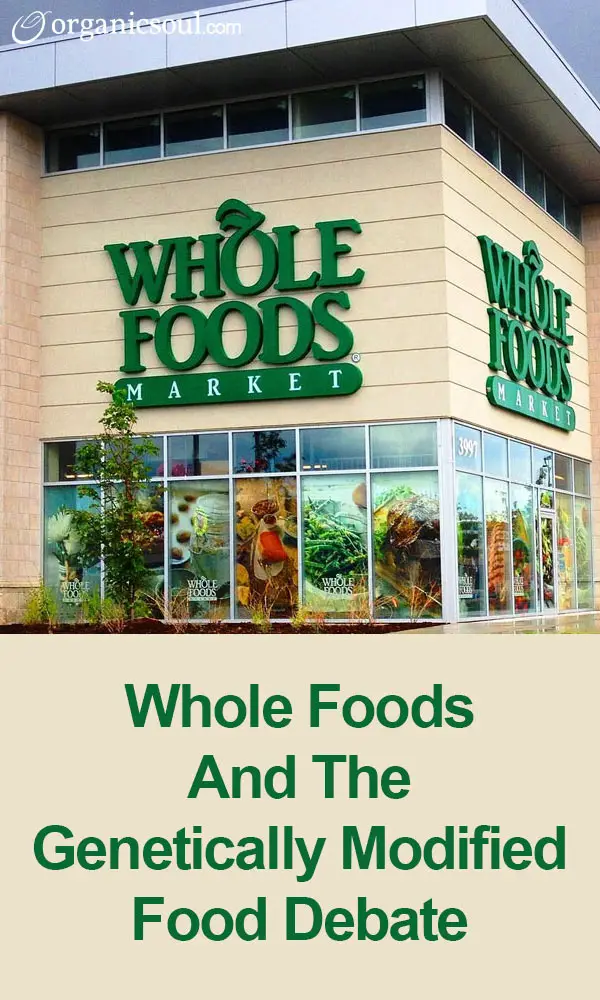
If you haven’t heard yet, now’s the time. Recently, the USDA – whether through strong-arming of corporations or a serious instance of poor judgment – completely deregulated the use of genetically engineered (GMO) alfalfa, a staple in the diet of farm animals. The reverberations of this are hard to overstate, but one simple fact is clear: consumers and advocates of organic food are in serious jeopardy.
Like Organic Soul on Facebook
For anyone who is unfamiliar with the international agricultural biotechnology corporation Monsanto, you won’t be for long. Monsanto, in essence, develops genetically engineered seeds, specifically strains like cotton, soy, and wheat, to resist Monsanto’s favorite pesticide, Round-Up. In fact, as of 2010, 93 percent of soy, 86 percent of corn, 93 percent of cotton and 93 percent of canola (rapeseed) seed planted in the US was genetically engineered. Alfalfa is next on the list.
So what’s the big deal about GMOs? Despite the various ethical complications, researchers throughout the world – including the United States, Japan, Australia, and every country in the European Union – are concerned about the potential health risks – and that’s putting it lightly. Since their commercialization in 1992, GMO’s have had a startling correlation with the explosion in food borne illnesses, obesity, diabetes, and other food-related illnesses.
In addition to the health and ethical concerns, the quality and impact of farming, use of pesticides, and threat to native and natural specifies are other major issues. GMO’s allow for the breeding of super weeds that can both resist their pesticides and decimate the land. GMOs, in essence, stem from an infant science that has been thrust upon the world in the last two decades. Some of the countries mentioned, namely Japan and the entire European Union, have outright banned GMOs and products associated with them.
How does Whole Foods come into this? As mentioned above, the USDA has just recently made it official that there will be complete deregulation of GE alfalfa, but prior to this, they laid out three (or two, depending on how you look at it) options. According to The Atlantic News, “the USDA said that it was weighing three options: (1) complete deregulation of GM alfalfa; (2) allowing it to be planted but requiring five-mile buffers between it and non-GM alfalfa; and (3) allowing unrestricted planting except in seed-growing regions to prevent contamination.”
The “two” options were first to “completely deregulate and allow unrestricted commercial growing of the grass, [and secondly, to] restrict growing in order to protect non-genetically engineered crops.” Either way you look at it, it was bad news for organic farmers, consumers, and advocates. This is why so many people jumped the gun with Whole Foods – they supported the latter option, of not complete deregulation. Many people argued they “sold out” or “turned their back” on their customers (something that is reflected in their stocks for the last few days), but the reality is that they were only given two options, both being evil.
Interestingly, the USDA went with the worst option anyways, despite Whole Foods and other companies concerns, making it clear they were never really a player in the decision making process.
A statement was released on the Whole Foods blog, which reads:
“Because we supported the USDA’s approach of coexistence, certain consumer groups misunderstood our efforts and accused us of supporting big biotech, endorsing the proliferation of GE crops, and turning our backs on our shoppers’ and their desire to avoid GE food. Nothing could be further from the truth!…We will continue to work aggressively on this issue because we believe that GMO food ingredients should be clearly labeled, and that consumers who want to avoid them should have an actionable way to do so. While the USDA’s decision will make our work more difficult, we are as committed as ever to ensuring that non-GMO food remains available and we will continue to advocate for our farmers and for our shoppers on this issue.”
All in all, the USDA has clearly proven to be an agent of corporations, and not small businesses or consumers: classic David and Goliath.
As Christine Bushway, executive director and CEO of the Organic Trade Association, put it, “This creates a perplexing situation when the market calls for a supply of crops free of genetic engineering…[C]onsumers will not tolerate the accidental presence of genetic engineered materials in organic products, yet [genetically engineered] crops continue to proliferate unchecked.”
Many people, despite the huge setback and new opportunity for GE supporters to clamor for new laws/destruction of old laws, are still fighting against the USDA’s decisions, and Whole Foods is in the crowd.
Gary Hirshberg, Chairman, President, and CE-Yo of Stoneyfield Farms, powerfully stated, “We now need every ounce of energy, time, muscle and money to be directed to renewing the battle in the courts but also to letting the White House and indeed all of our congressional representatives know that we do not support this takeover of our agriculture by a handful of chemical companies.”
It has been a battle over the last few days, and unfortunately, we lost. However, there is still a war going on, and victor has yet to be determined. What we need to do now is pressure our government to start doing its job: represent the people, not the corporations.
See the USDA's press release here.
















